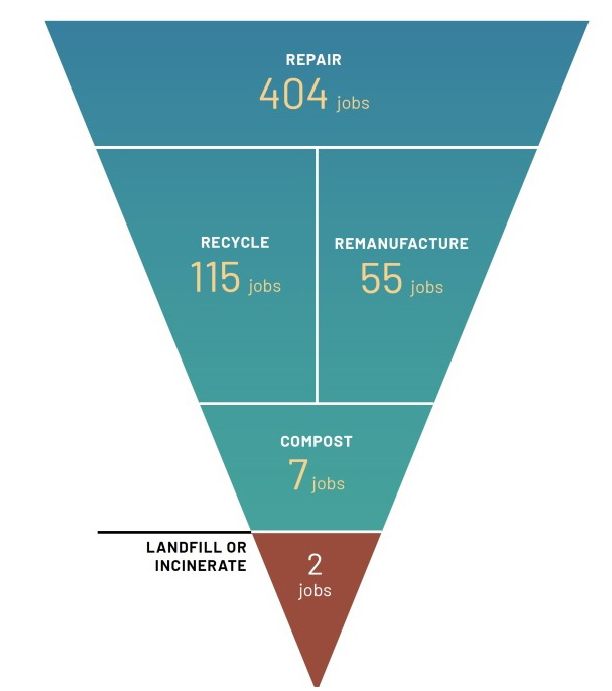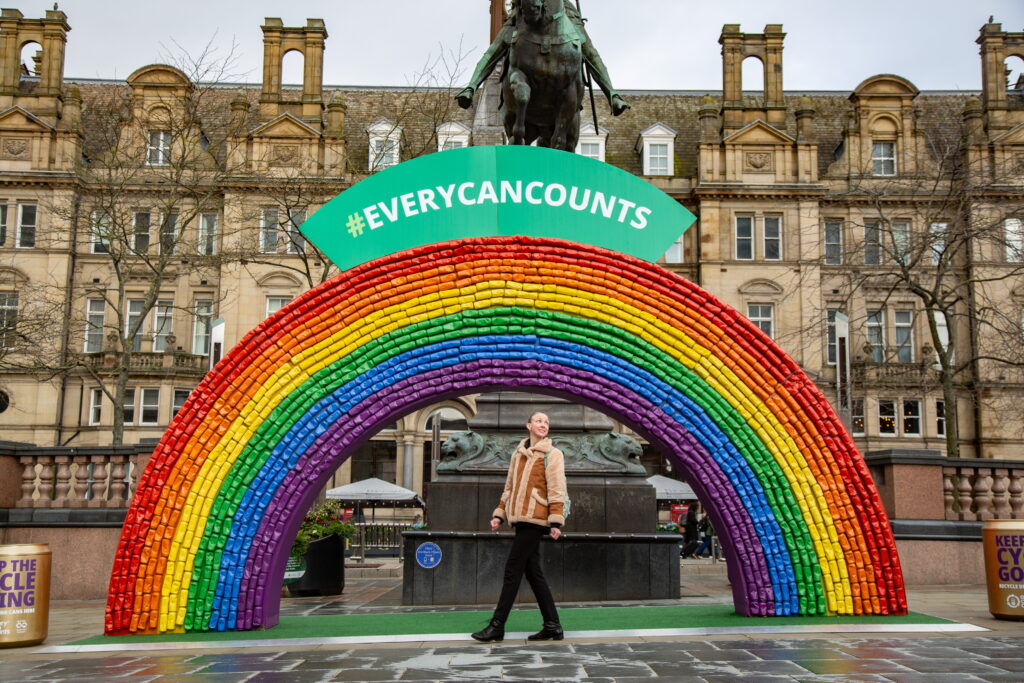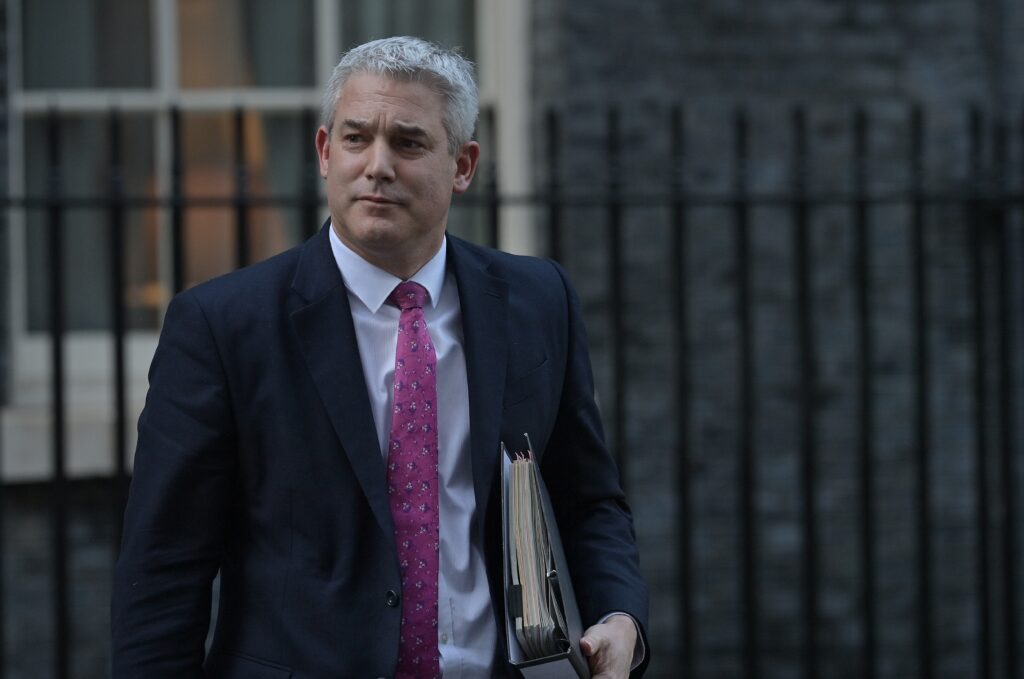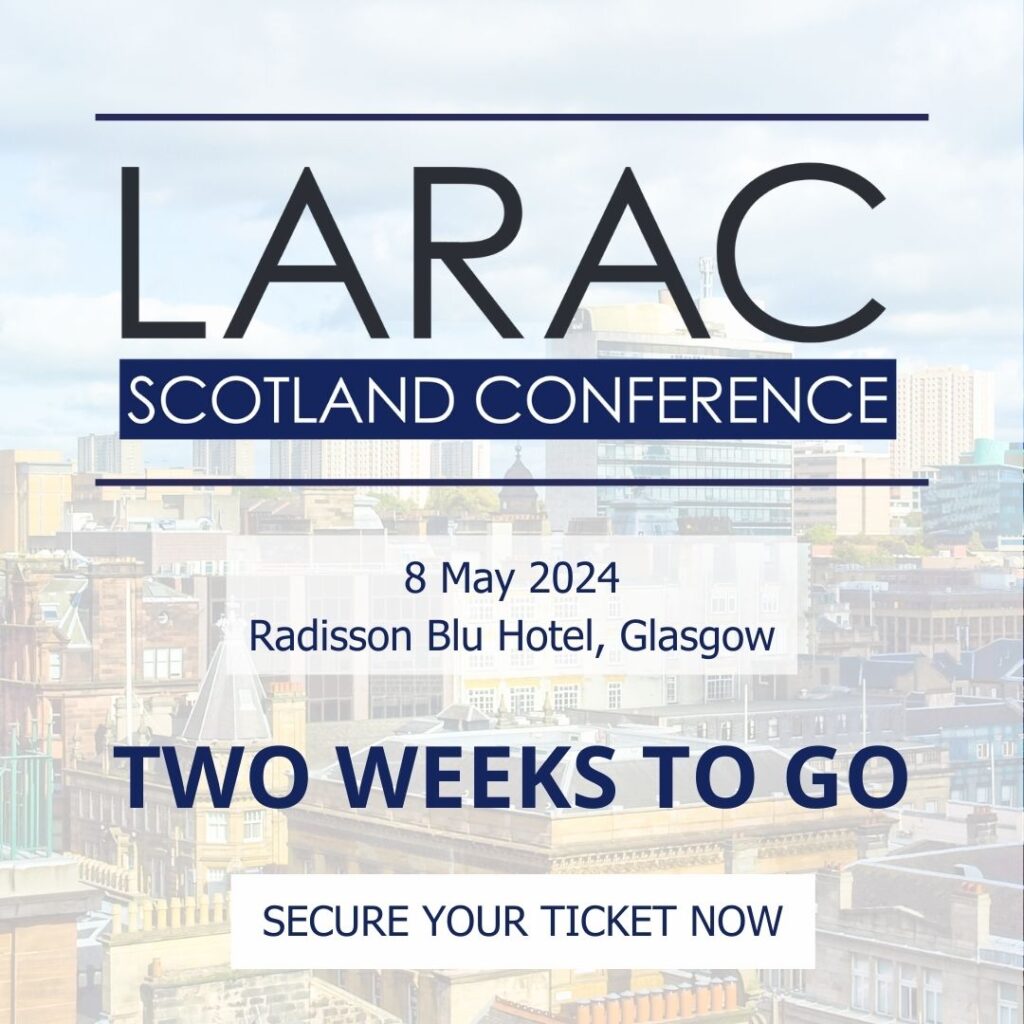The report, titled Zero Waste and Economic Recovery, has the support of anti-incineration campaign group UKWIN. It suggests the increased employment opportunities offered by zero waste strategies are on top of the known benefits of reducing pollution and improving community health.

According to the report, re-use, recycling, and remanufacturing create 200, 70 and 30 times as many jobs as landfill and ‘incinerators’ respectively.
Dr Neil Tangri, science and policy director at GAIA and the report’s co-author, said: “With the world still reeling from the pandemic, job creation is a top priority. Zero waste offers a strategy to create good jobs and reduce pollution, without breaking the bank. It’s a triple win for the economy, the environment, and the city.”
GAIA’s study covered job production data from 36 peer-reviewed academic papers, news articles, government reports, company websites, and publications from non-governmental organisations representing 16 countries.
The study also showed jobs in zero waste often go beyond basic manual labour, provide higher wages and better working conditions, offer more permanent positions and improve quality of life.
Zero waste
GAIA defines zero waste as a “comprehensive” approach to waste management that prioritises waste prevention, re-use, composting, and recycling.
As the job creation potential of zero waste processes is comparable across geographies, the report says, governments across the globe have an opportunity to benefit from the implementation of zero waste solutions as part of their Covid-19 economic recovery strategy.
GAIA says its findings also undermined the “common impression” that waste management offered only low wages and undesirable jobs.
London
The report suggests that if London was to recycle or compost 80% of the recyclable and organic material in its waste stream, the city could create around 5,000 new jobs.
“It will be necessary for London to incinerate less if it wants to recycle more”
Shlomo Dowen, national coordinator for UKWIN said: “Because the majority of London’s non-recycled waste is incinerated, it will be necessary for the city to incinerate less if it wants to recycle more.
“Such a move towards a more sustainable London would create much needed employment, whilst improving air quality and the quality of life for the residents of our capital city.”
Jobs
Employment activities associated with repair typically consist of collection, refurbishment, and the resale of durable goods like furniture or electronics, the report says.
It suggests employment activities that fall under recycling generally include material collection, sorting, cleaning, and other processing steps, and, less frequently, additional processing to transform recyclables into raw material for remanufacturing.

Remanufacturing jobs are generally limited to activities that use recycled material as feedstock for manufacturing marketable consumer products.
Job figures for composting generally include only direct work in producing compost at a facility, the report says. GAIA’s analysis did not cover anaerobic digestion due to “data constraints”.
Related links
GAIA Zero Waste and Economic Recovery report











Subscribe for free